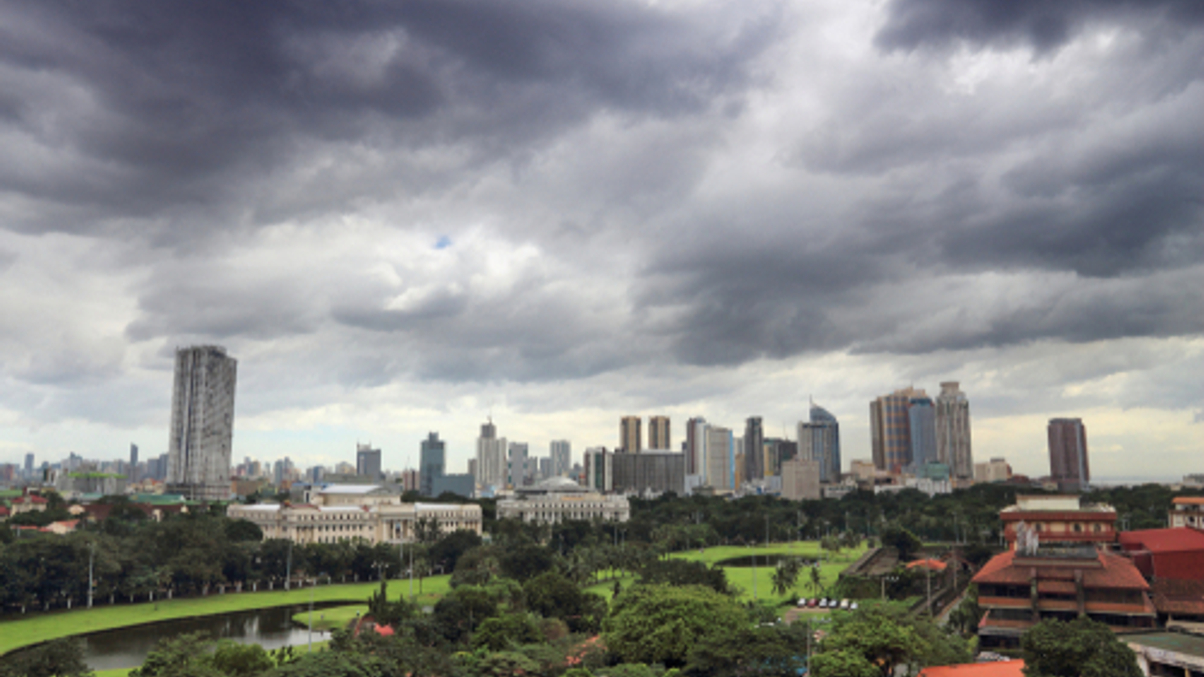AIA Philam Life eyes illiquid assets beyond property
The Philippine insurer has also raised its cash holdings amid fears of a lingering impact from Covid on the local economy and stock market, says chief investment officer Arleen Guevara.

Hong Kong-based insurer AIA's Philippine unit has increased its cash holdings this year and may start buying alternative assets other than real estate, said its investment head, flagging concerns about Covid-19’s impact on the domestic economy and stock market.
Sign in to read on!
Registered users get 2 free articles in 30 days.
Subscribers have full unlimited access to AsianInvestor
Not signed up? New users get 2 free articles per month, plus a 7-day unlimited free trial.
¬ Haymarket Media Limited. All rights reserved.


